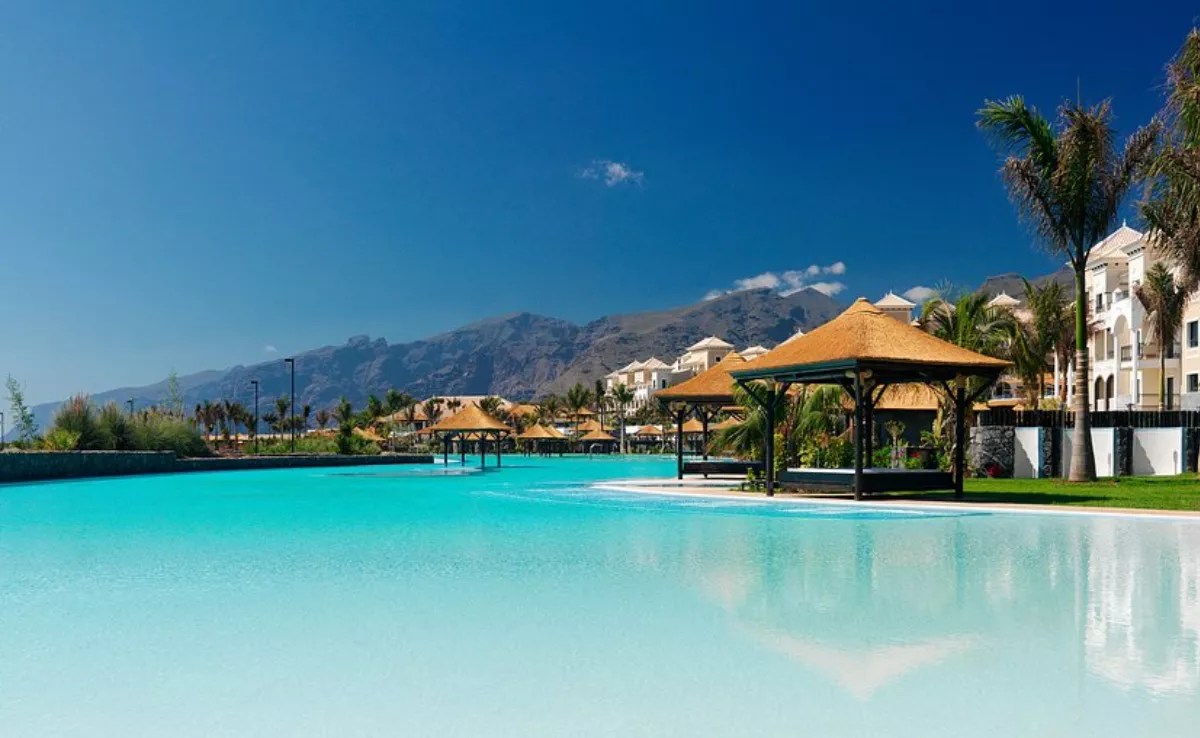The president of the Cabildo of Tenerife, Rosa Dávila, announced yesterday that free public transport is an “inalienable” initiative that “has thoroughly transformed mobility on the Island, achieving an average annual rise in passengers of over 20%, demonstrating that it has been one of the most significant and necessary policies of this term,” contending that, owing to this measure, Titsa has achieved record usage, with 69.4 million passengers in 2023, and is projected to conclude 2024 with over 80 million individuals transported.
In comments made to the press during a visit to the Titsa control centre, she clarified that “there is no plan b” for the free service and that the Cabildo will contend with the “battle” in front of the central Government to uphold the continuation. “I understand that the Government of Spain is facing a substantial issue with Renfe and Adif, which presents a public money drain amounting to billions, but 80 million in the General State Budgets, which are already designated and would be renewed, shouldn’t pose a challenge,” she expressed.
The island president remarked that “probably” some agreement will be established in the Cabildo to ensure the continuation of the free service while awaiting the central government to extend the measure, and she is hopeful that the State will sustain this initiative, which is proving to be “positive” for the Canary Islands. In this regard, she referenced the most immediate precedent: the decision made by the Tenerife Cabildo during the stalemate at the close of 2023, regarding the delay for the Government of Spain to implement the royal decree that would provide this support for free public transport.
She indicated that there is no alternative to public transportation on the Island “other than the bus” and it has been “demonstrated” that it is a “very significant” method to alleviate congestion on the roads. Consequently, “the continuation of free transport in Tenerife and the other islands is not so much associated with inflation,” she asserted, but rather with “low” wages and excessive “motorisation” on the roads.
7,000 daily journeys
Dávila shared that Titsa operates more than 7,000 daily journeys across the Island, which positions it as the backbone of the island’s transport system. “This expansion has also necessitated a reinforcement of the workforce, with the addition of 300 new employees in the past two years, 240 of whom are drivers, and there are plans to recruit 66 more drivers for the intercity service in 2025,” stated the company’s chairwoman. Specifically, from October to the end of 2024, 80 new staff will be employed, while currently, the fleet has been augmented with over 150 new buses.
Dávila highlighted that with the addition of new buses and drivers, the most “saturated” routes will be bolstered, as approximately 1,000 of the 7,000 daily journeys made by the company are already operating at capacity.
She emphasised that the enhancement in mobility has been “incredible” due to free transport, which also contributes to the “great green revolution” endorsed by the Cabildo in Titsa, making it the “second largest company in Spain with the most modernised and least polluting fleet,” with the introduction of 317 new eco-buses by 2026, of which 70% are hybrids.
















